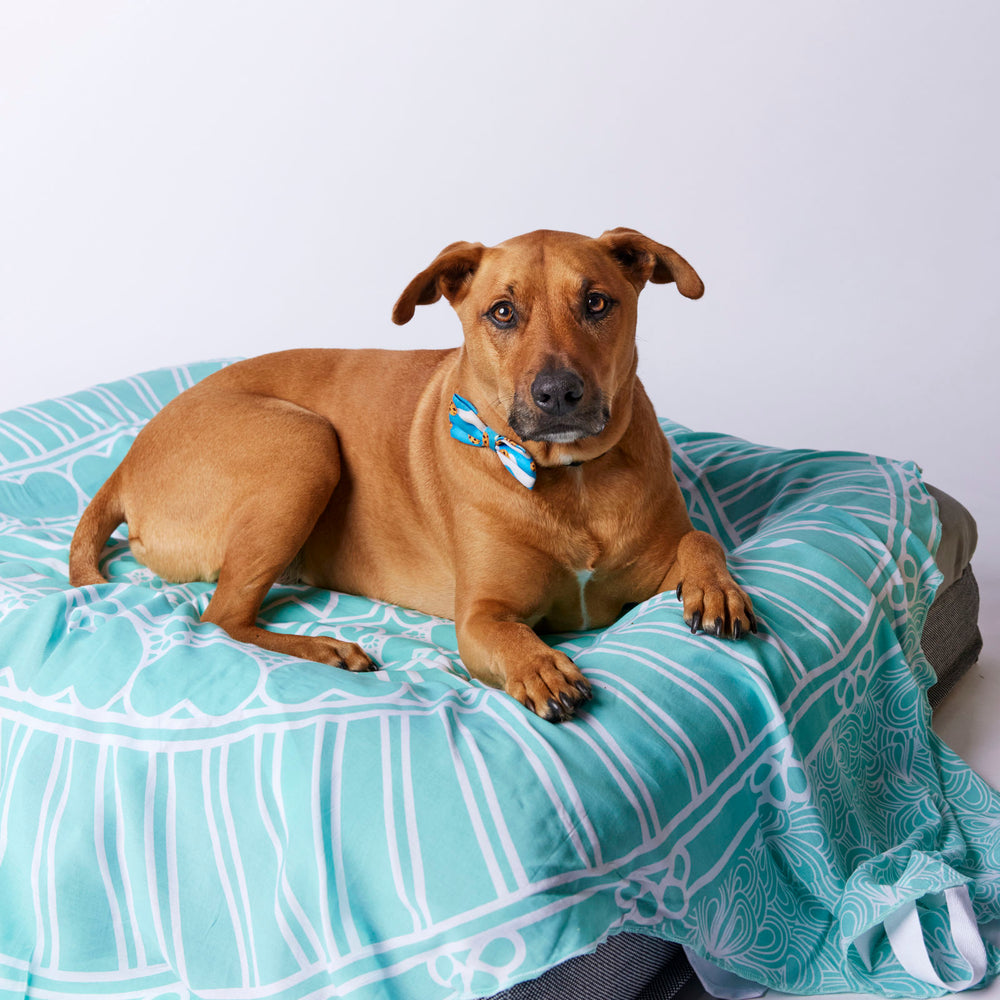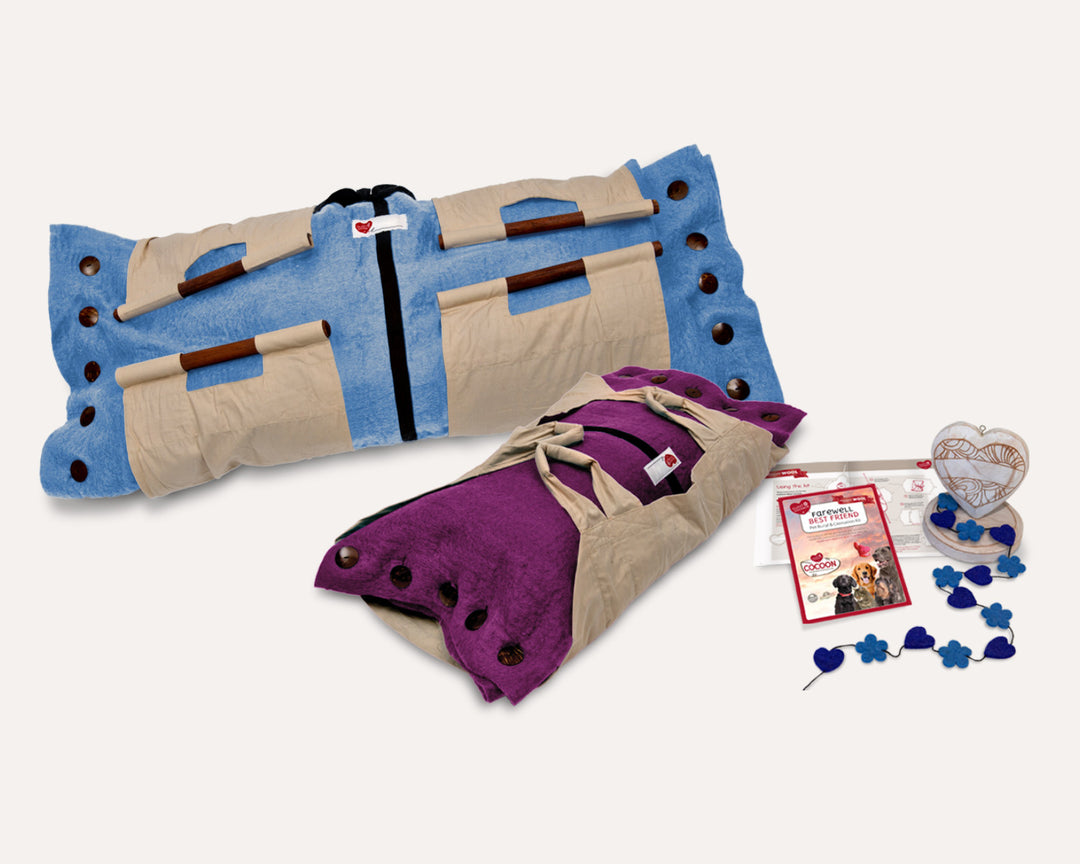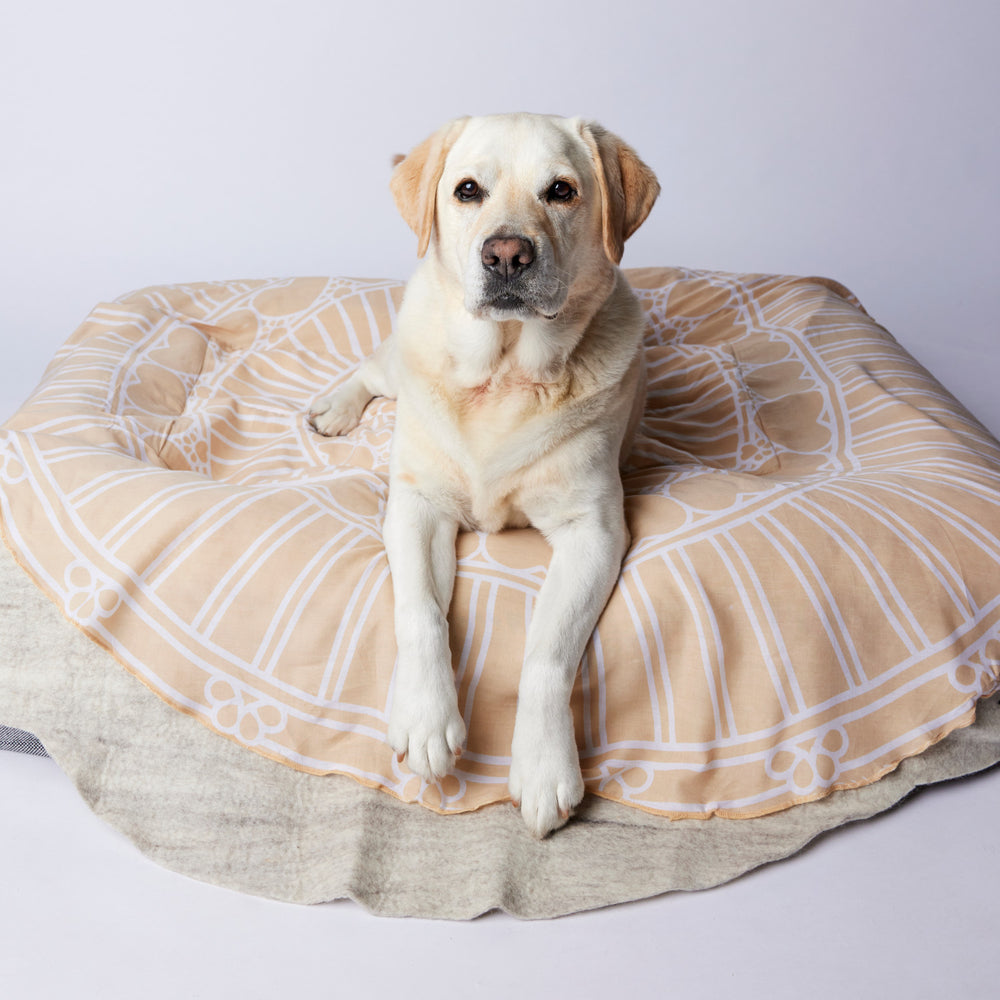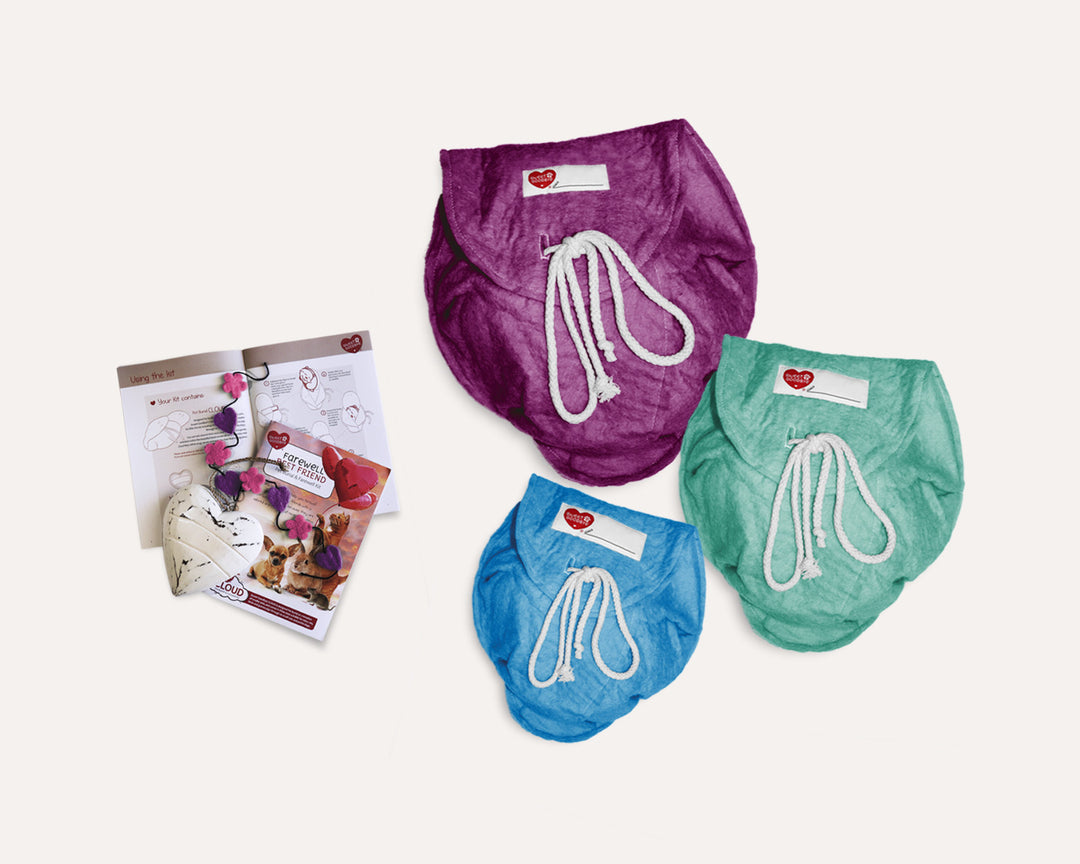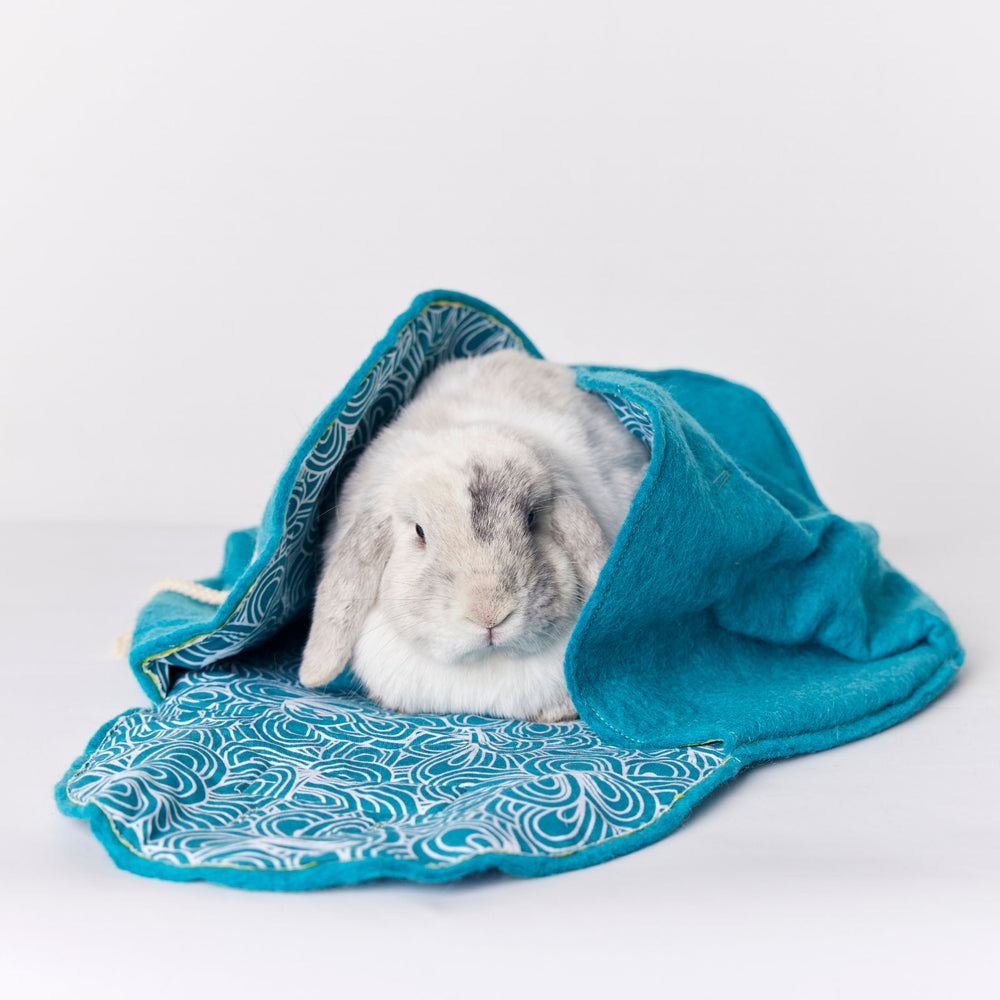Beyond the Puppy Cuddles: Cultivating a Lifelong Emotional Connection with Your Dog
The bond that builds between humans and dogs is one of the most emotionally rewarding relationships that pet parents often experience; however, it is also the one that demands a consistent level of care. Several new dog owners cherish the early weeks that are enriched with cuddles, playful energy, and excitement. But, establishing an enduring emotional connection needs more than an effort; it needs patience and time, especially when you parent a small dog breed.
Dogs are highly sensitive, social animals that depend mainly on emotional consistency, similar to the need for food and shelter. Strengthening the bond has a positive impact on behavior, abates stress, and improves mutual trust. A meaningful relationship often initiates through mindful interaction, and it often starts as soon as you bring home your pup, for instance, a miniature goldendoodle puppy.
Why Emotional Bonds with Dogs Deserve Deeper Attention
Dogs need stability, love, and emotional triggers as much as they do for toys and food. Here we will explore how different regular practices can help you build a lifelong, meaningful connection with your pup.
Understanding Your Dog’s Emotional Language
In most cases, dogs can communicate using body language, vocalization, and facial expressions. The rapid flicking of the tail, back-turned ears, or side glances are all signs that involve different things depending on the situation. Interpreting these signs inappropriately results in stress on your part and that of your pup.
Noticing the indicators of stress or curiosity in your pooch can give you the finest opportunity to react in a manner that will help their emotional stability. The failure to consider these signs can, in the long run, cause anxiety or confusion. It is essential to maintain the same level with your dog emotionally, at least to achieve canine mental health in the process, so that it can feel very safe and confident as well as responsive in routine dealings.
The Importance of Shared Routines
Regular consistency becomes the source of better emotional stability. Regular walks, scheduled meals, and the bedtime ritual evolve beyond habits as they are emotional signs of safety. When dogs start predicting how their day will unfold, it helps with their overall growth and development.
A well-structured lifestyle is specifically beneficial when raising small dog breeds like Cavapoos. This breed is well-known for its demand for interaction and intelligence. Without the appropriate structure, these adorable dogs develop destructive tendencies or clingy behaviors. Routines can help reinforce reliability and help your dog feel anchored during stressful events or transitions.
Touch as Reassurance and Healing
Thoughts are responsible for regulating emotional conditions. Petting helps to reduce the heart rate while adding stability to breathing and offers enrichment and stability to dogs. During stressful times like visits to vets, thunderstorms, or any other condition, a soft pat on your pup’s back works as a reassurance. Rubbing their ears softly, petting them with gentle hands, and maintaining physical contact are a few of the best ways to keep your senior dog happy.
Knowing where your dog prefers to be touched can strengthen its trust. Dogs enjoy calm strokes along their chest or back; however, they might resist contact on their tail or paws. Mutual respect during the touch sessions is the key, mainly for establishing long-term emotional safety.
Play as an Emotional Connector
Play time can instill joy in your dog by reinforcing positive emotional memories. Agility games, fetch, and hide-and-seek strengthen bonding and offer your dog a sense of shared fun. A recent study conducted by the American Kennel Club highlights that playful engagements have the potential to reduce any destructive behavior by meeting the cognitive and social requirements. The paper showcases how active bonding leads to reduced anxiety and healthier dopamine cycles in dogs.
Therapy dogs play an immense role as they help enhance the emotional resilience of kids and seniors. They show how important emotional bonding is during playtime, reinforcing the role of therapy dogs as an added balance to human and canine mental health.
Gentle Training Builds Trust
The reward-based training can help in redefining the behavior while deepening the emotional trust. The commands such as "come", "stay", and "leave it" create a scope for shared language that makes your pup feel highly secured,
Any inconsistent or rough training disrupts emotional trust. Pairing positive reinforcement with patience leads to better outcomes. For instance, a Yorkie Poo will respond positively through encouragement, as the breed is sensitive to tone and energy. Establishing calm and kind relationships helps your dog relax in your presence while building emotional reliability.
Canine Mental Health Needs Attention Too
Dogs are prone to loneliness, stress, and depression. Such a type of mental health challenge goes overlooked till they start to become visions with pacing, refusal to eat, or self-licking.
Offering mental enrichment through puzzles, sniff walking, and gentle interactions can help balance their emotional conditions. A research study by the University of Lincoln has shown that mental stimulations lower the cortisol rate of stressed dogs by 70% due to their direct impact on their emotion control. Being proactive about managing separation anxiety in dogs will ensure that they feel safe when you are away.
Walks Should Be About More Than Exercise

Walks are often shared experiences and an emotional outlet. Offering your dog enough time to sniff or select the route occasionally can help instill their confidence and a sense of autonomy.
Choice-based and slow-paced walking can help build mental engagement. Exploring new paths adds to the overall excitement and reduces monotony. For dogs that struggle with common behavioral issues, using mental variety during walk times leads to visible enhancements in focus and mood.
Age Doesn’t Diminish the Need for Bonding
Older dogs need emotional closeness, and the same is true for puppies. Sensory loss or slower movement often places your pup at risk. They depend on your consistency and calm presence for reassurance. Several pet parents grapple with understanding senior dogs as they undergo emotional and physical changes, leading to missed emotional signs and unmet needs.
Routines such as afternoon brushing or short walks offer grounding rituals that can ease any discomfort. For the small dog breed that intensely bonds with its humans, aging is associated with confusion and a lack of emotional contact. Staying attention in the later years is the real act of love, adding peace to life for both dogs and their pet parents.
Speak Their Language—Literally and Energetically
Dogs are known to read more than words. They can notice a change in breathing, tone, or muscle tension. When you express frustration by saying "good dog," it conveys mixed messages, creating confusion in emotions.
Scientific American research demonstrated that dogs can detect the mood in human speech and change their behavior. Training Dogs is characterised by soft tones and an open body posture, which exudes a greater degree of cooperative behaviour. Talking calmly to them in a relaxed posture develops a line of communication founded on respect and a relaxed tone.
Conclusion
The psychological well-being of your pup comes as a result of times of influence and a stable pattern of devotion to affiliation, awareness, and dependability. Dogs devote their lives to loyalty since they provide lifetime companionship, which is ingrained in emotional forms of exchange. Enhancing the attachment by involving games, routines, focus, and interaction helps in the various life phases. No matter the breed, temperament, and age, the key to a successful relationship is emotional connection, so don’t forget to take the advice we presented to you today!
Author Bio
Montana Mackovic leads Happytail Puppies, a family-owned business in Oak Ridge, North Carolina, dedicated to connecting families with healthy, well-socialized puppies. Since 2005, the company has been committed to ethical breeding practices, ensuring each puppy is raised in a loving environment and matched with the right home.





